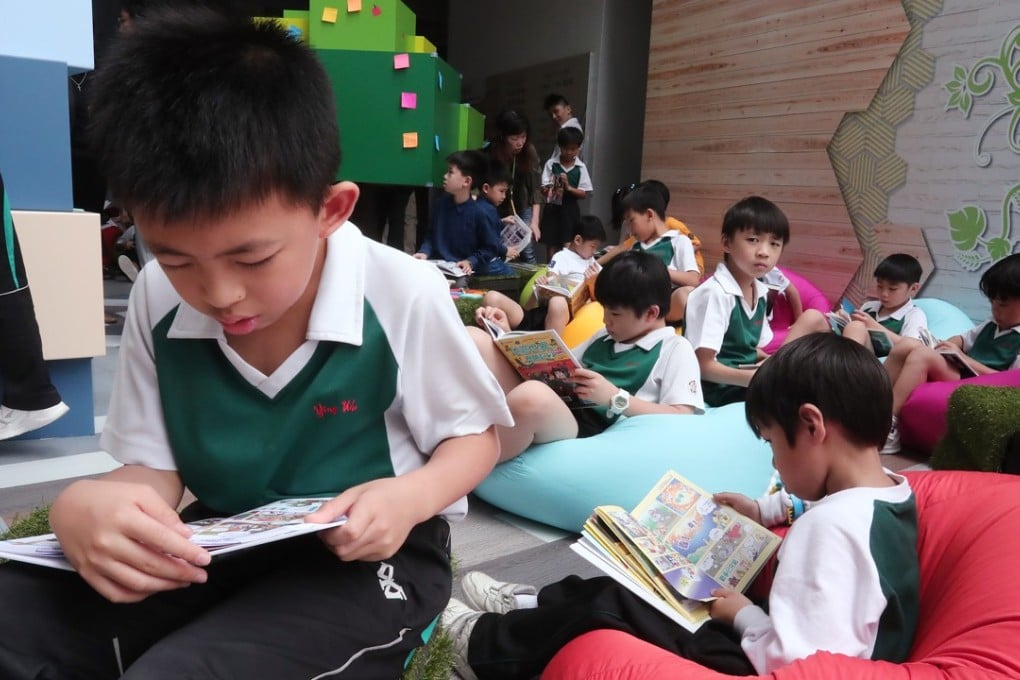An article written by a Chinese University consultant, Song Xinqiao, on the implementation of Mandarin education in Hong Kong and uploaded onto the website of the Education Bureau
reignited a firestorm on the status of Cantonese as the mother tongue of Cantonese people in Hong Kong.
In his article, Professor Song argued that “mother tongue” should be defined as the language of the Han (Chinese) race. By that token, the mother tongue of the Chinese people, including Cantonese in Hong Kong, should be Hanyu, taught in modern China as Mandarin, but also known as Putonghua in Hong Kong. Song’s thesis is premised on his vision of a hierarchy of languages in China, with Mandarin, the lingua franca, at the pinnacle, and superior to all dialects.
Song’s view runs counter to to linguists’ definition of “language”. Under their definition, Cantonese would be regarded as a separate language because it is not mutually intelligible with Mandarin or other dialects of China. However, while technically justifiable, such a view would no doubt be deemed unacceptable by those cagey about the
advocacy of Hong Kong as a separate political entity.
As had happened with the aborted effort in Guangzhou some years ago by then Guangdong party secretary Wang Yang to launch a Mandarin promotion campaign, Professor Song’s nationalist model reopened old wounds about the rising dominance of Mandarin in Hong Kong. At the root of the resentment lies deep-seated fears about the displacement of Cantonese – both the language and the people – by the mighty mainland.
Both Chief Executive
Carrie Lam Cheng Yuet-ngor and Secretary for Education Kevin Yeung Yun-hung tried to
shrug off questions on their mother tongue. But issues relating to the status of Cantonese are likely to rear their ugly head any time debates on languages surface.
